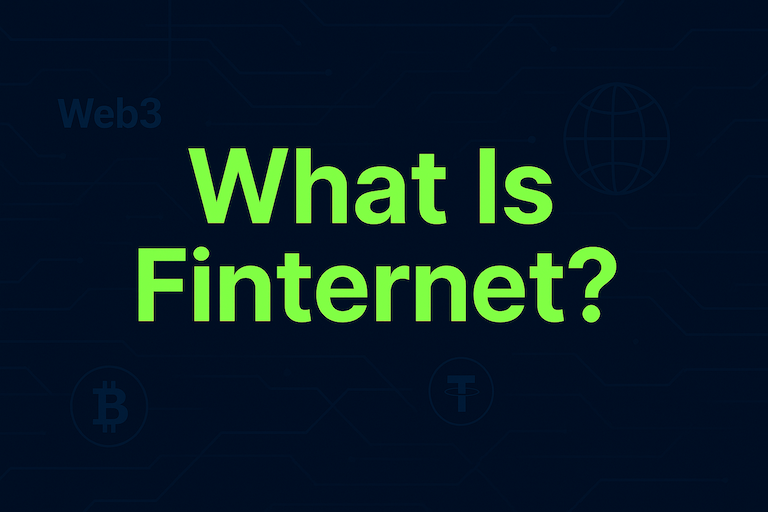Hong Kong Cryptocurrency Exchange Compliance: A Beginner’s Guide
Apr 25, 2025
Hong Kong is quickly becoming a major hub for regulated cryptocurrency trading. To operate legally, exchanges must meet strict compliance standards set by local authorities. This article explains what Hong Kong cryptocurrency exchange compliance means, why it matters, and how beginners can choose safe platforms. With clear rules on licensing, KYC, and AML, Hong Kong is shaping a secure crypto environment. If you're starting your crypto journey in Hong Kong, this guide is for you.
What Is Hong Kong Cryptocurrency Exchange Compliance?
In Hong Kong, cryptocurrency exchange compliance refers to how trading platforms follow local laws and licensing requirements. The Securities and Futures Commission (SFC) oversees licensed virtual asset trading platforms. These platforms must verify users, report suspicious transactions, and meet cybersecurity standards. Compliance is not optional—it’s required to operate legally. This protects users from fraud and improves market trust.
Key components of Hong Kong exchange compliance:
Licensing by the SFC under the Virtual Asset Trading Platform (VATP) regime
Mandatory Know Your Customer (KYC) checks
Anti-Money Laundering (AML) policy enforcement
Regular financial reporting and transaction audits
Strong data protection and wallet security measures
Why Compliance Is Critical in the Hong Kong Crypto Market
Hong Kong positions itself as a global financial center with strong legal frameworks. Compliance ensures that crypto platforms operate transparently and with accountability. For investors, this reduces risk when trading digital assets. Non-compliant exchanges may face legal action or be banned. The city's approach supports responsible innovation while keeping users safe.
Benefits of Hong Kong crypto compliance:
Legal clarity for traders and investors
Reduced risk of fraud and hacking
More trust in licensed crypto exchanges
Open path for institutional participation
Support from financial regulators and legal systems
How Exchanges Meet Hong Kong Compliance Requirements
Crypto exchanges in Hong Kong must apply for a license before offering services to retail users. They must also maintain a physical presence and demonstrate strong internal controls. Many platforms use automated tools to monitor transactions and detect suspicious activity. All user data must be encrypted and stored securely. These practices align with international compliance standards.
Common compliance practices in Hong Kong exchanges:
Onboarding users through identity verification
Using blockchain analytics to monitor transactions
Employing third-party compliance tech solutions
Submitting audits and reports to the SFC
Training staff on regulatory responsibilities
How Beginners Can Choose a Compliant Exchange in Hong Kong
If you're new to crypto in Hong Kong, always check whether the platform is licensed by the SFC. Visit the official registry or ask customer service directly. Look for exchanges that clearly outline their KYC and AML policies. Platforms that avoid regulation or allow anonymous trading should be avoided. Legal compliance is your first line of defense as a beginner.
Steps for choosing a compliant exchange:
Confirm platform licensing via SFC website
Read terms of service and compliance policies
Verify KYC steps before depositing funds
Check how the platform stores and protects crypto
Choose platforms with responsive support and clear documentation
Start your safe cryptocurrency journey now
Fast and secure deposits and withdrawals, OSL safeguards every transaction !


